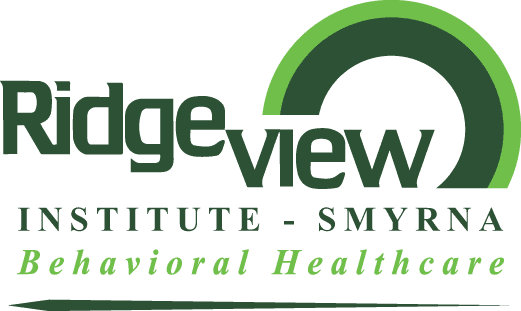Studies show that as many as 7% of the United States population is thought to be affected by clinical depression at any given time. Every person experiences sadness at some point in their lives. This is a normal function of our human experience, however, depression is much more than just a matter of “feeling down.” It is a mental health condition that if left untreated, can have severe consequences for the individual and their loved ones. At Ridgeview Institute, we provide high-quality depression treatment for age adolescents to older adults. We offer thorough psychiatric evaluation to help diagnose depression and from there compassionate care to treat the disorder. Our evidence based treatment approaches help our clients manage their symptoms and improve their lives.
What is Depression?
Depression (known as major depressive disorder or clinical depression) is a leading cause of disability. People of all ages and all racial, ethnic and socioeconomic backgrounds experience depression. It is a disorder of the brain which can give rise to severe difficulties in day-to-day life, negatively impacting the way a person thinks, feels, and acts. Several types of depression exist and can occur at any age, or during specific circumstances (e.g., seasonal, perinatal).
Depression Causes
The exact cause of depression isn’t always known, but genes, life experience, and some illnesses or medications are all thought to be contributing factors. To have an official diagnosis of clinical depression, other conditions (both mental and physical) must be ruled out, and symptoms must be present for at least 2 weeks.
Depression Signs and Symptoms
The following signs and symptoms are some of the most common indicators of clinical depression but they do vary from person to person:
- Persistent feeling of emptiness, hopelessness, despair, or sadness.
- Decreased interest in previously pleasurable activities or hobbies.
- Feelings of worthlessness, guilt, and helplessness.
- Sleep and appetite disturbances (e.g., waking up and not being able to fall back asleep; eating or sleeping too much/too little).
- Weight changes (loss or gain)
- Decreased energy and sex drive
- Impaired memory, decision-making, and attention.
- Irritability and restlessness
- Slowed speech and/or movement
- Thoughts of suicide and death, suicide attempts.
- Physical symptoms (e.g., back pain or digestive issues) that show no obvious cause nor improvement with treatment.
Depression Treatment
Depression treatment focuses on the individual’s needs, goals, health status, personality, and life circumstances. Treatment can be administered one-on-one and/or in a group setting. The best approach typically involves more than one therapeutic modality. Common techniques utilized in depression treatment include:
- Prescription medication
- Psychotherapy
- Adjunct holistic care, including exercise and dietary modifications.
WE ARE AVAILABLE TO OUR PATIENTS 24/7
WE OFFER FREE ASSESSMENTS; WALK INS ACCEPTED
Ridgeview Institute is here to guide your journey toward mental wellness. For your convenience, we offer 24/7 assessments at no cost. If you or a loved one is struggling with a mental health or substance abuse issue contact us to see how we can help.
